Energy guzzler tax for homes?
columbiasc
15 years ago
Related Stories

REMODELING GUIDESArchitecture Pays Tribute to the Tax Man
Skipping taxes doesn't always mean skipping the country. These architectural features let owners avoid certain taxes without leaving home
Full Story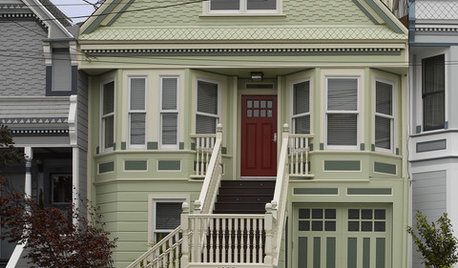
HOUZZ TOURSHouzz Tour: Zero-Energy Renovated Victorian in San Francisco
A 1904 home that's entirely energy efficient? Yes, courtesy of solar panels, radiant heating and water reclamation
Full Story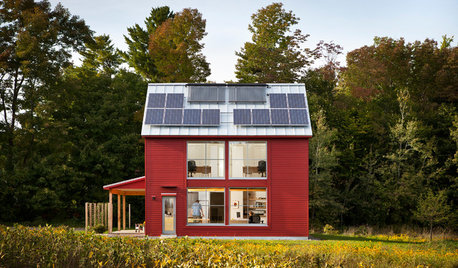
GREEN BUILDINGHouzz Tour: See a Maine House With a $240 Annual Energy Bill
Airtight and powered by the sun, this energy-efficient home in a cold-winter climate is an architectural feat
Full Story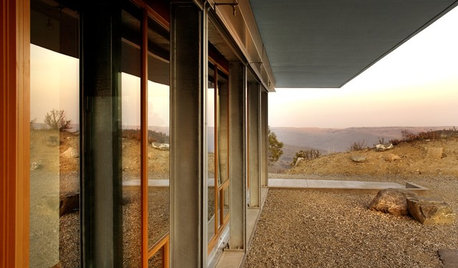
GREEN BUILDINGOff the Grid: Siting and Building to Conserve Energy
Look to low-tech solutions for big energy savings when you’re constructing a home
Full Story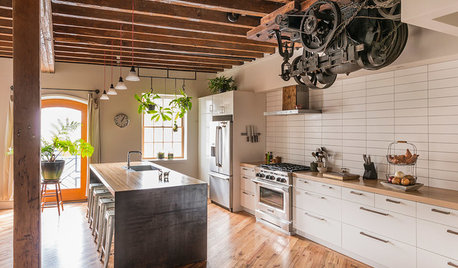
GREEN BUILDINGHouzz Tour: Pickle Factory Now an Energy-Wise Live-Work Space
A charming but poorly insulated 1880s Philadelphia commercial building becomes a spacious energy-efficient home and studio
Full Story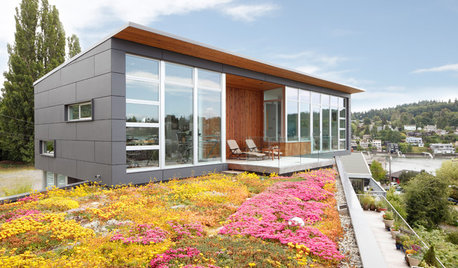
CONTRACTOR TIPSBuilding Permits: What to Know About Green Building and Energy Codes
In Part 4 of our series examining the residential permit process, we review typical green building and energy code requirements
Full Story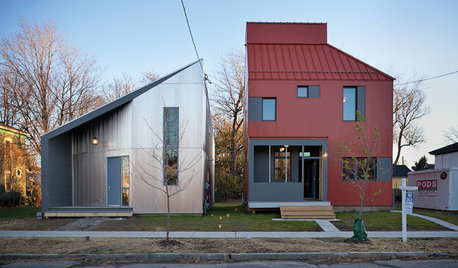
ARCHITECTUREEnergy-Saving Ideas From 3 Affordable Green-Built Houses
Get lessons in budget-friendly green building from design competition winners in New York state
Full Story
GREEN BUILDINGThe Big Freeze: Inventors Break New Ground to Keep Things Cool
Old-fashioned fridges can be energy guzzlers, but there are more eco-friendly ways of keeping food fresh, as these global innovations show
Full Story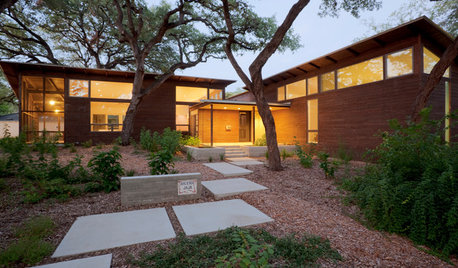
GREEN BUILDINGMeet a High-Tech Home That Monitors Itself
Energy vampires have nowhere to hide in this LEED Platinum home, as energy efficient as it is architecturally beautiful
Full Story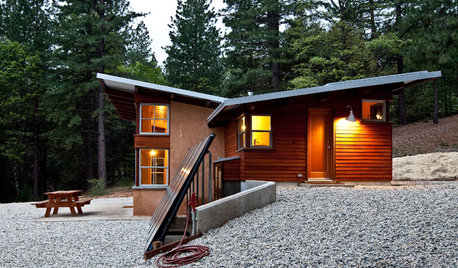
GREAT HOME PROJECTSHow to Add a Solar Water Heater
Lower energy bills without a major renovation by putting the sun to work heating your home’s water
Full StorySponsored
Central Ohio's Trusted Home Remodeler Specializing in Kitchens & Baths
More Discussions







lucy
columbiascOriginal Author
Related Professionals
Bull Run Architects & Building Designers · Dayton Architects & Building Designers · Fayetteville Architects & Building Designers · Hillcrest Heights Architects & Building Designers · Eau Claire Home Builders · Glenn Heights Home Builders · Norco Home Builders · Pine Bluff Home Builders · Tampa Home Builders · Troutdale Home Builders · Wilmington Home Builders · Kearns Home Builders · Hunt Valley Home Builders · Nashville Interior Designers & Decorators · Ridgefield Park Interior Designers & Decoratorsemagineer
meldy_nva
che1sea
User
Nancy in Mich
User
fandlil
flgargoyle
calliope